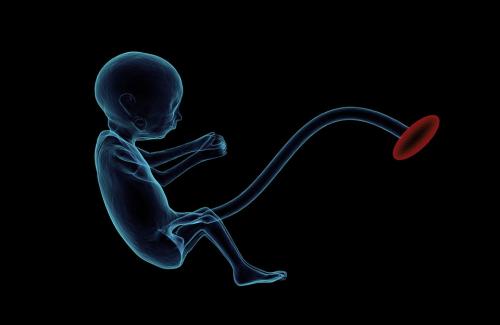
According to a study, stubble burning contributs up to 26 percent of the most harmful particulate matter to Delhi’s winter pollution and even as much as 50 percent on certain days during the burning season.

Climate change is massively affecting the tiny creatures in Luquillo rainforest on the island of Puerto Rico in the Caribbean region. 98 per cent fewer insects are found there since the 1970s.

In the wake of the latest tsunami to hit the Indonesian coast, research shows how even slight sea-level rises linked to climate change could significantly increase the devastating effects of tidal waves.

Global rates of cesarean section use almost doubled between 2000 and 2015, a study has found. However overuse of the surgery can lead to considerable short and long-term effects and health-care costs.

Made famous by "The Beach," a film starring Leonardo DiCaprio, Maya Bay has been off-limits since June 1 as part of what was expected to be a four-month rejuvenation. But the marine ecosystem requires more time to recover.

The new report, released late Sunday night by the U.N. Intergovernmental Panel on Climate Change indicates that nations need to collectively bring carbon emissions down to zero within the next 30 years.

Even the UK and China—economies which are leading the way in terms of reducing carbon intensity—are not doing enough to meet the 2 degree target, the newest report says.

Violent video game play by adolescents is associated with increases in physical aggression over time, according to a new meta-analysis.

A group of industrial chemicals humans started banning decades ago could cause many of the world’s orca whale populations to collapse over the next century, an alarming new study has found.

A new study reports finds that in Europe, 10 major auto manufacturers produced diesel cars, sold between 2000 and 2015, that generate up to 16 times more emissions on the road than in regulatory tests.

A new research suggests a 2ºC (3.6ºF) rise in global temperatures could melt more than a million square kilometers (386,000 square miles) of ice if the temperatures are sustained long enough.

For the first time, researchers have found evidence of tiny particles of carbon, typically created by burning fossil fuels, in placentas.

Scientists that studied the Western Canada’s permafrost, which is more ice-and sediment-rich than others, discovered that this permafrost meltwater contains sulfuric acid.

The tank of a Boeing 747 holds over 200,000 liters (52,000 gallons) of kerosene when full — about as much fuel as 4,000 small cars.
The carcasses of 87 elephants have been discovered near a Botswana protected sanctuary, killed and stripped for their tusks.